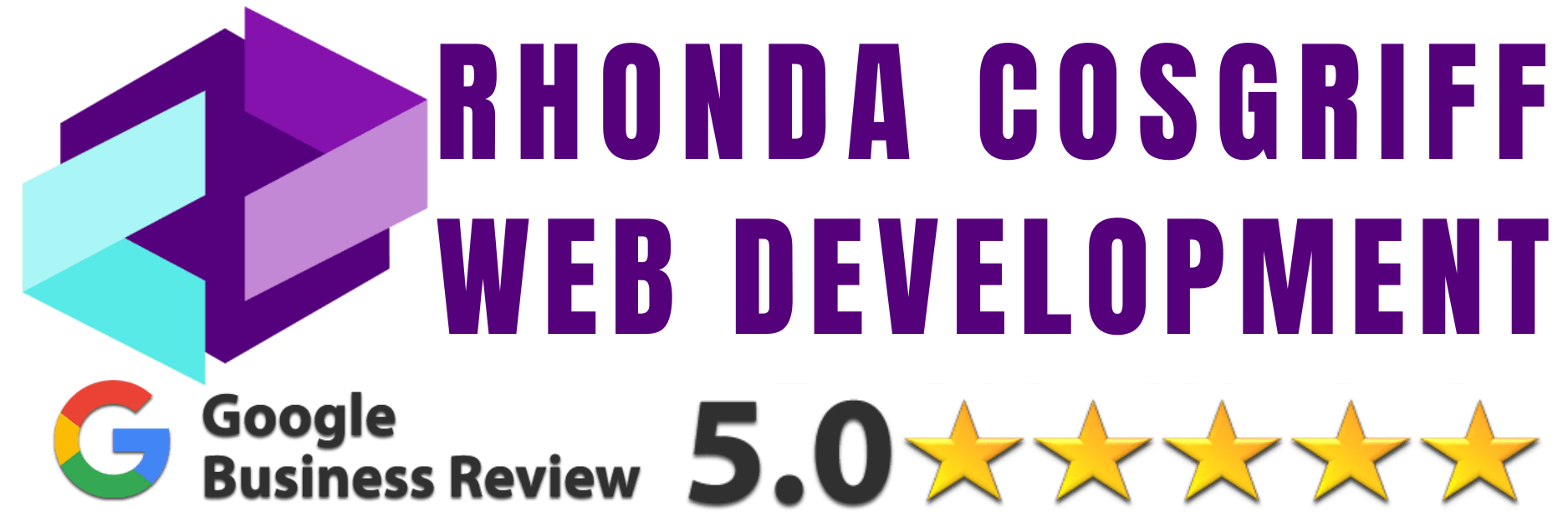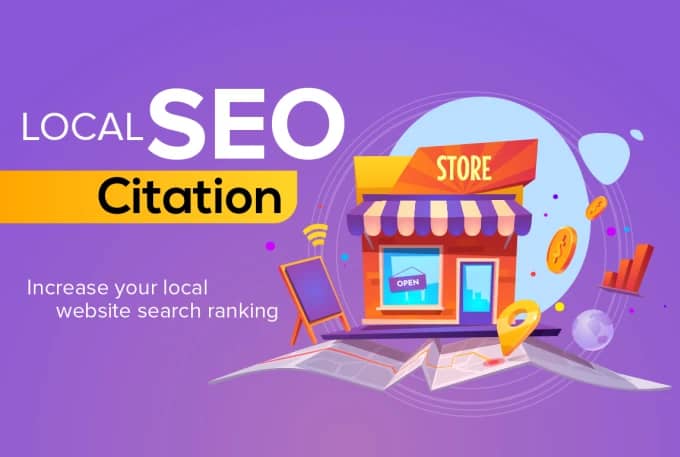Local Search Optimization for B2C Businesses: Boost Your Online Visibility and Attract Local Customers
In today’s competitive digital landscape, local search optimization is a crucial strategy for B2C businesses to connect with potential customers in their vicinity. With a growing number of consumers using search engines to find local products and services, optimizing your online presence for local searches can significantly impact your business’s success. Here are some effective tips to enhance your local search visibility and attract local customers:
1. Claim and Optimize Google My Business (GMB) Listing
Google My Business is a powerful tool that allows you to manage your business information on Google Maps and Search. Claim your GMB listing and ensure all details, such as business name, address, phone number, website URL, and business hours, are accurate and up to date. Add relevant categories and high-quality images to make your listing attractive and informative.
2. Consistent NAP Information
NAP (Name, Address, Phone Number) consistency is vital for local search optimization. Ensure that your business’s NAP information is consistent across your website, social media profiles, directories, and other online platforms. Any discrepancies can confuse search engines and potential customers.
3. Local Keywords and Content
Incorporate local keywords in your website’s content and meta tags to target local search queries effectively. Create localized content, such as blog posts, articles, and landing pages, that address the needs and interests of your local audience.
4. Online Reviews and Reputation Management
Positive online reviews can significantly impact local search rankings and customer trust. Encourage satisfied customers to leave reviews on platforms like Google, Yelp, and Facebook. Respond to reviews, both positive and negative, in a professional and helpful manner.
5. Local Citations and Directory Listings
Submit your business information to reputable local directories and citation websites. These listings help search engines verify your business’s legitimacy and improve your local search rankings.
6. Mobile Optimization
With the increasing use of mobile devices, it’s essential to ensure that your website is mobile-friendly. A mobile-responsive website not only enhances user experience but also boosts your chances of appearing in local search results.
7. Local Link Building
Build relationships with other local businesses, organizations, and influencers. Engage in local events and sponsorships to earn backlinks from reputable local websites, which can improve your local search authority.
8. Utilize Local Structured Data Markup
Implement schema markup on your website to provide search engines with structured data about your business, such as address, phone number, business hours, and customer reviews. This helps search engines display rich snippets in search results, making your listing more appealing.
9. Social Media Engagement
Engage with your local audience on social media platforms. Share localized content, respond to comments and messages promptly, and use location-specific hashtags to boost your local social media presence.
10. Monitor and Analyze Performance
Regularly monitor your local search performance using tools like Google Analytics and Google Search Console. Analyze key metrics, such as organic search traffic, click-through rates, and conversions, to identify areas for improvement.
Conclusion
Local search optimization is a fundamental aspect of B2C marketing in today’s digital era. By implementing these strategies and staying actively engaged with your local audience, you can enhance your online visibility, attract more local customers, and ultimately grow your B2C business in the local marketplace. Remember that consistency, relevance, and genuine engagement are key to success in local search optimization.
Protecting B2C Websites from Cyber Threat
B2C Content Strategy










